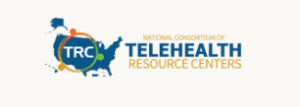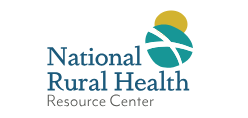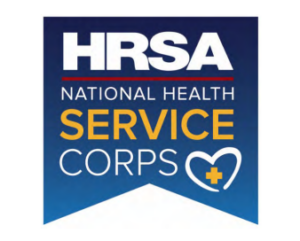May 1, 2025

Maternal Mental Health Awareness Week is May 5 – 11
Maternal Mental Health Awareness Week is May 5 – 11, help spread the word about the Health Resources and Services Administration’s (HRSA’s) National Maternal Mental Health Hotline (1-833-TLS-MAMA).
- This free and confidential service offers 24/7 support via call or text to new and expecting moms and their loved ones.
- The Hotline’s trained counselors help thousands of women and their families needing emotional support during or after pregnancy.
- The Hotline is available in English and Spanish and offers interpreters in more than 60 languages.
Take advantage of HRSA’s promotional toolkit or order a limited number of printed products for free to share the Hotline with someone who is currently pregnant or postpartum, their loved ones, or caregivers – the Hotline is here for them.
Click Here to go to HRSA’s National Maternal Mental Health Hotline
Click Here to access HRSA’s Free Promotional Toolkit/Order printed products







